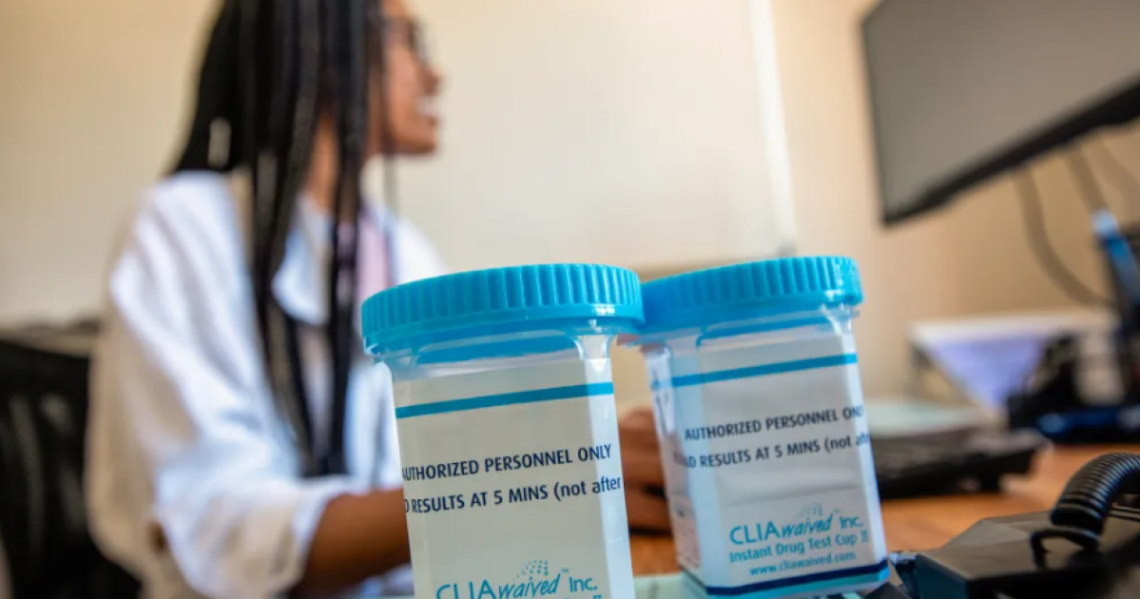Among the most difficult addictions to witness at San Francisco General Hospital’s drug clinic is methamphetamine, which leaves users tearing at their skin and unable to eat, sleep or sign up for help.
The worst part: The clinic workers largely are powerless because unlike with opioid addiction, for which doctors prescribe medications such as methadone, there is no medicine for stimulant use disorder.
“We live day in and day out watching people suffer in a way that’s hard to imagine,” said Dr. Brad Shapiro, medical director of the Opiate Treatment Outpatient Program at Zuckerberg San Francisco General Hospital. “They’re just dying in front of us.”
Faced with that immense suffering, California will try a new approach to stimulant addiction: Paying people with gift cards to reward them for staying sober.
This model, known as “contingency management,” rewards people with financial incentives each time their drug tests are negative for stimulants. It’s been shown to have success in clinical trials — and the U.S. Department of Veterans Affairs has been using it for more than a decade — but it hasn’t taken off in California. Medicaid previously wouldn’t cover it, so there was no funding to expand its use.
To Shapiro, that’s inexcusable.
“It’s actually, in my opinion, really quite criminal that we’ve gone decades knowing this is an effective treatment and the powers that be have failed to make a pathway for treatment for people,” he said.
The program is expanding now, thanks to a recent waiver by the federal Centers for Medicare & Medicaid Services that allows the agency to cover its costs. California was the first state in…
Read the full article here







